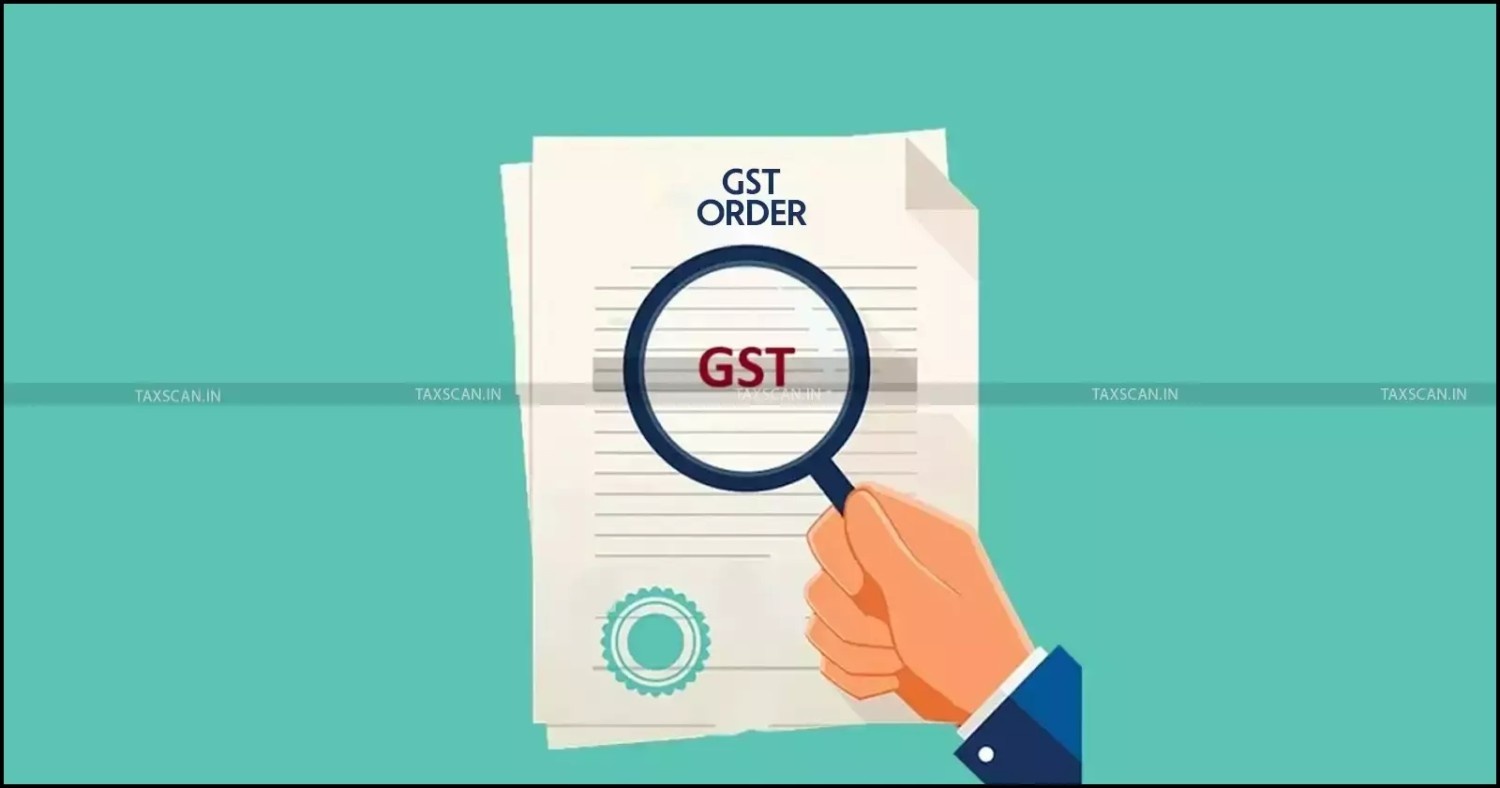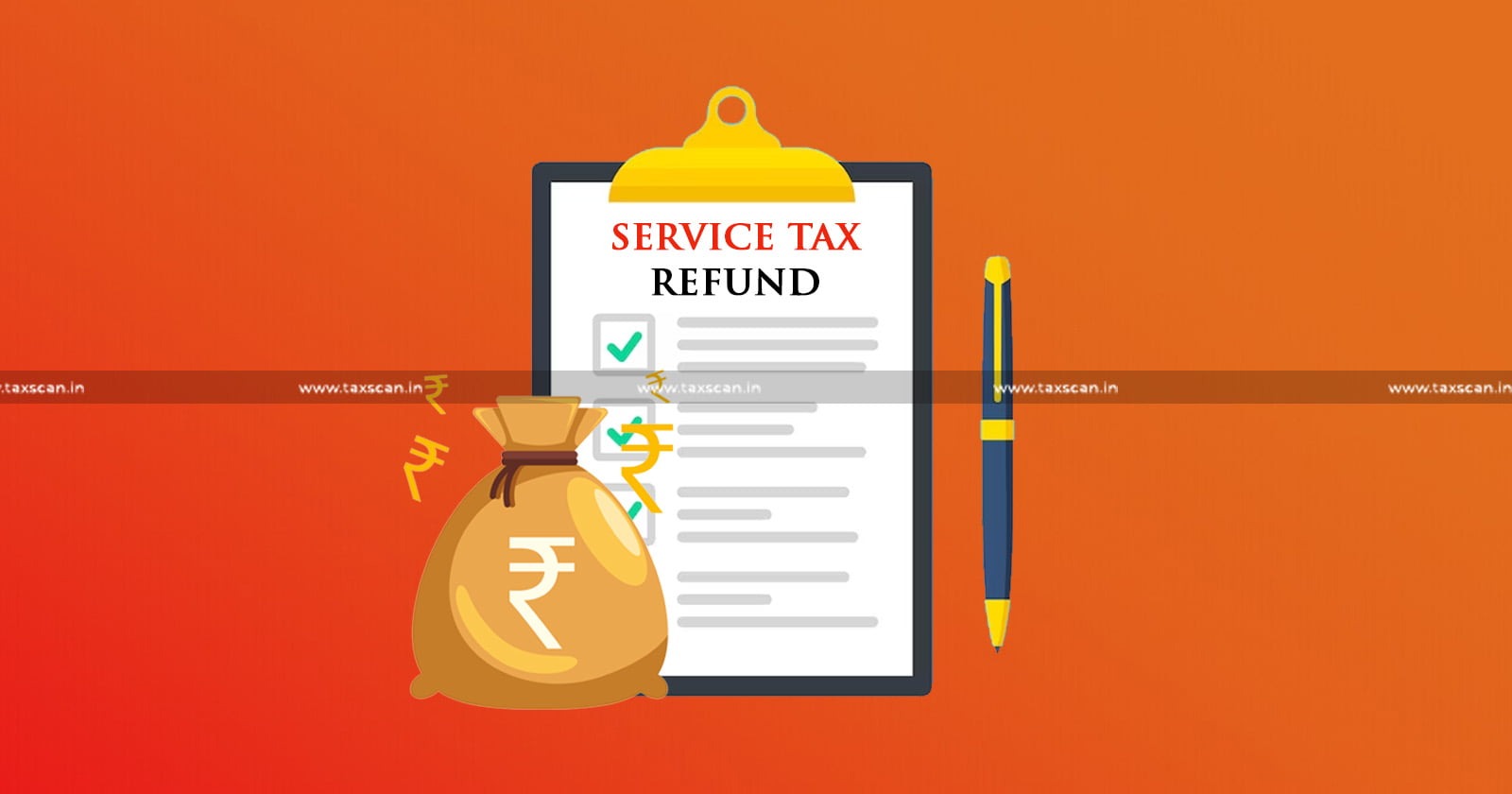Circular Restricting Inverted Duty Refund Claims Struck Down as Ultra Vires: Gujarat HC Accepts Plea of Kush Proteins [Read Order]
The Court placed reliance on its earlier judgment in Patanjali Foods Ltd. v. Union of India, where a similar restriction on inverted duty refunds was held to be invalid
![Circular Restricting Inverted Duty Refund Claims Struck Down as Ultra Vires: Gujarat HC Accepts Plea of Kush Proteins [Read Order] Circular Restricting Inverted Duty Refund Claims Struck Down as Ultra Vires: Gujarat HC Accepts Plea of Kush Proteins [Read Order]](https://images.taxscan.in/h-upload/2025/11/01/2101454-gujarat-high-court-refund-claims-circular-restricting-taxscan.webp)
The Gujarat High Court has ruled that a circular issued under the Goods and Services Tax restricting refund of accumulated Input Tax Credit on account of inverted duty structure is ultra vires and unenforceable. The Court held that refund applications for tax periods prior to 18.07.2022 cannot be rejected merely on the basis that they were filed after the said date.
M/s. Kush Proteins Pvt. Ltd. and another entity are engaged in the manufacture and trading of edible oils such as palmolein oil, mustard oil and cattle feed, taxable at the rate of 5% under Chapter 15 of the Customs Tariff Act, 1975. As the rate of tax on inputs is higher than the rate on outward supplies, the company accumulated Input Tax Credit based on inverted duty structure and filed refund applications under Section 54 of the Central Goods and Services Tax Act, 2017 for the period up to 17.07.2022.
The Assistant Commissioner of Central Goods and Services Tax and Excise, rejected the refund applications by order dated 31.03.2023 on the ground that the claims were filed after 18.07.2022, when the restriction on refund entitlement became effective. The first appellate authority upheld the rejection through an order dated 29 February 2024. The petitioners thereafter approached the High Court under Article 226 of the Constitution of India.
Represented by Nirav Shah, the petitioner submitted that the refund claims were filed within the statutory time limit of two years provided under Section 54(1) of the Central Goods and Services Tax Act, 2017. It was argued that Notification No. 9/2022–Central Tax (Rate), which restricts refund for specified goods under Chapter 15, clearly states that the restriction is effective only from 18.07.2022 and therefore cannot affect refund eligibility for earlier tax periods.
It was contended that Circular No. 181/13/2022 dated 10.11.2022, which disallowed refunds if filed after 18.07.2022 even when pertaining to the earlier period, is contrary to the statutory provisions and therefore ultra vires. Further, reliance was placed on the decision in Patanjali Foods Ltd. v. Union of India (2025), where identical issues were already adjudicated.
 Also Read:GST, Interest, and Penalty in Final Order cannot Exceed that in Notice: Chhattisgarh HC Sets Aside ₹5 Crore Order [Read Order]
Also Read:GST, Interest, and Penalty in Final Order cannot Exceed that in Notice: Chhattisgarh HC Sets Aside ₹5 Crore Order [Read Order]
The Bench of Justice Bhargav D. Karia and Justice Pranav Trivedi held that the restriction on refund of unutilised Input Tax Credit under Notification No. 9/2022–Central Tax (Rate) must be applied only prospectively from 18.07.2022.
The Court observed that Circular No. 181/13/2022 creates an arbitrary distinction by denying refunds merely because the refund application was filed after the effective date of the notification, even though the refund period relates to a time before the notification was issued.
Therefore, the Court upheld that such a classification violates Article 14 of the Constitution and attempts to override the statutory rights conferred under Section 54 of the Central Goods and Services Tax Act, 2017, rendering the circular ultra vires.
Thus, the Court quashed the rejection order dated 31.03.2023.
Support our journalism by subscribing to Taxscan premium. Follow us on Telegram for quick updates



